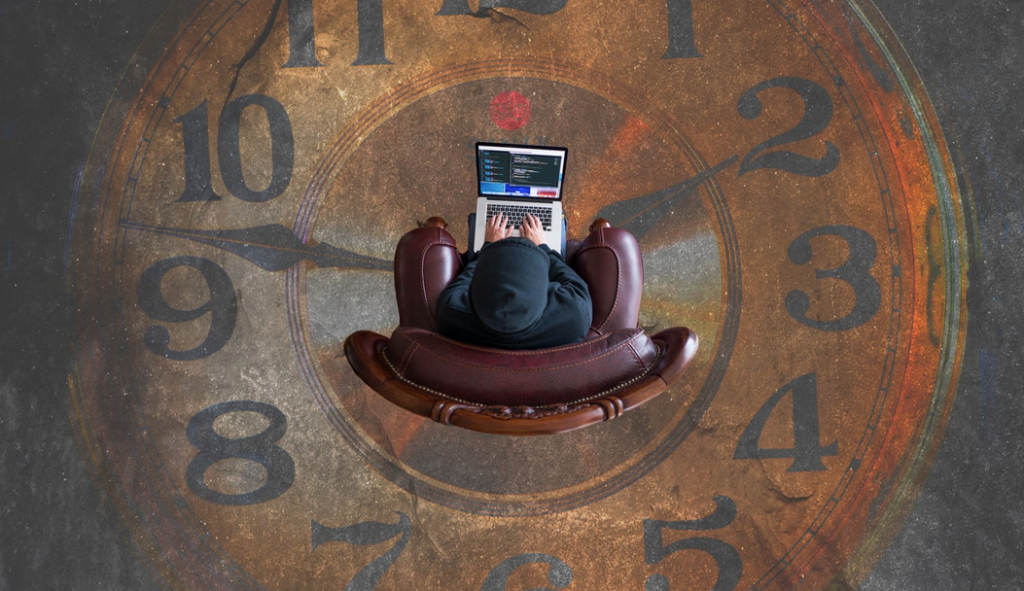Most people will experience stress quite regularly during their work. This goes for everyone, unregarded your occupation and how many hours you work in a week. A little stress during your work isn’t that serious, you could call that healthy stress. However, when you’ve been experiencing a lot of stress for a long time causing it to impair you in your daily life? Then it would be wise to take action. These tips can help you.
Know your limits
Learn to recognize and protect your limits. It’s important to know where your limits are and to take a step back if you notice that you’ve reached your limit. Keep an eye on physical and mental symptoms after a workday. Symptoms like headaches, dizziness and rumination could be signs of asking too much of yourself. Do you feel one of these starting to rise up? Give yourself a small break and resume your work on a lower tempo.
Let go
Don’t take your work home with you. Is it time to head home? Be sure to deal with your tasks for that day before you leave. This way you prevent to feel the urge or the temptation to finish your work at home. If you do so you will make it much more difficult to relax.
Ensure overview
Before you start making a planning, it’s a good idea to specify what you have to do. Make an overview of all the tasks that you are required to do (including really small tasks). Next, take a look at your overview and determine if the workload is achievable for you. Do you notice that there is too much work for you alone, talk about this with a colleague or with your employer. Use this overview to state priorities when you’re busy making your planning.
Ensure variety
When constructing your planning make sure you mix up different kinds of tasks. Vary between small and big tasks or nice and less pleasant tasks. This way, you achieve being productive in a small period of time. This will boost your motivation and reduces the stress you get from working on a large assignment the whole day.
Schedule time for emails and phonecalls
Keep your mailbox and phone off, schedule periods in which you are ‘online’. If you keep your phone, which gives you notifications frequently, with you the whole day and your laptop keeps noting whenever you receive an e-mail, it is hard to work undisturbed. Put your phone aside and switch the notifications of your e-mail off. Schedule a few moments a day to check your phone and e-mail.
Keep it social
Ensure that someone at your work knows about your personal matters. Initially, it can be very helpful share your story with someone, but it is also important to tell people which consequences this has on your functioning within the workplace.
As always, take care of your health!
Nutrition: Pay attention to what you eat and drink. Can’t get something healthy at work? Prepare your food at home and bring it with you. Do not drink too much coffee at work; limit yourself to up to two cups of coffee a day.
Move: Ensure that you move sufficiently during the day. If you really want to use your breaks to relax, go for a walk with your colleagues. This way you are not only away from your work environment, movement also helps keep your brain active.
Sleep: Provide for enough sleep during the night. If you already experience a lot of stress at work, it’s all the more important that you have a good night’s rest. Not only the duration of your sleep is more important, but, of course, also the quality. Do not keep yourself occupied just before bedtime, but relax and prepare yourself to go to sleep.











